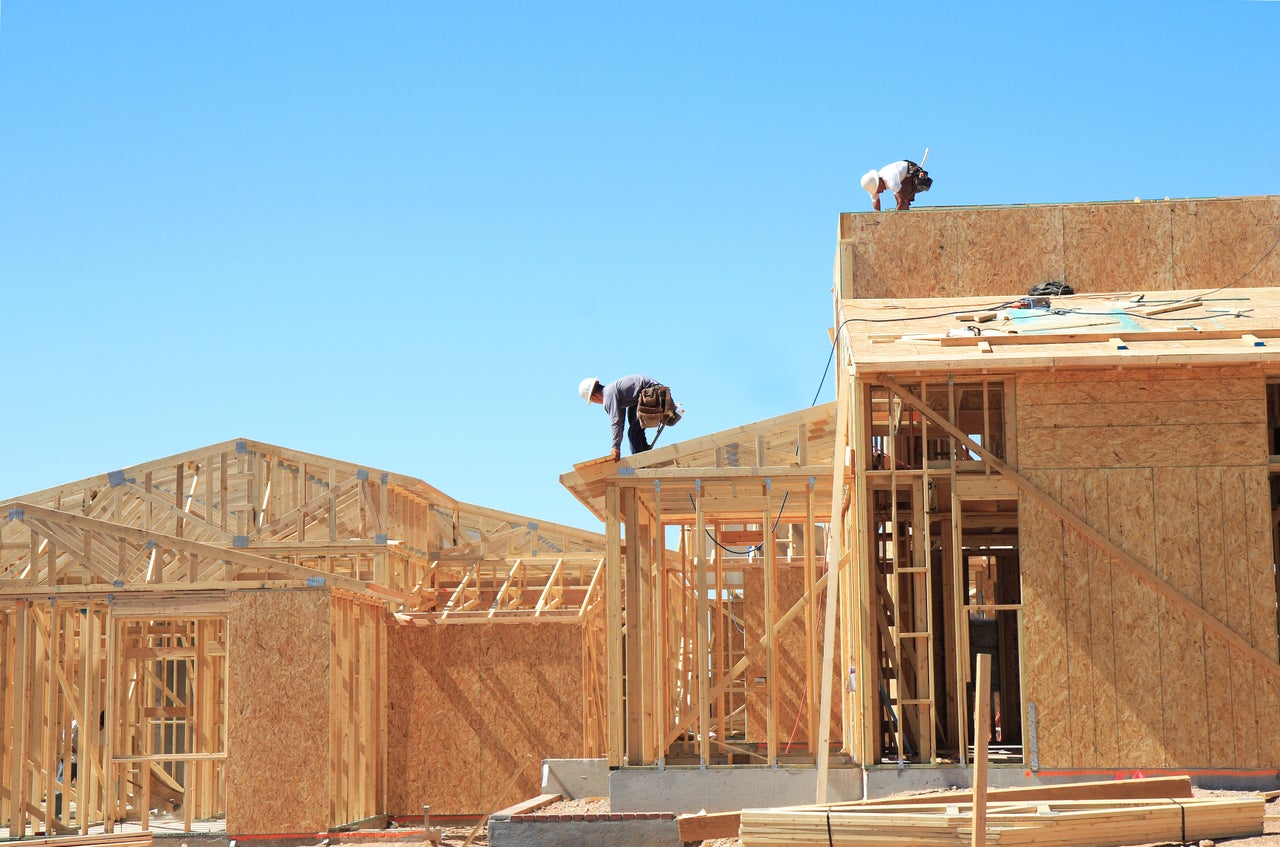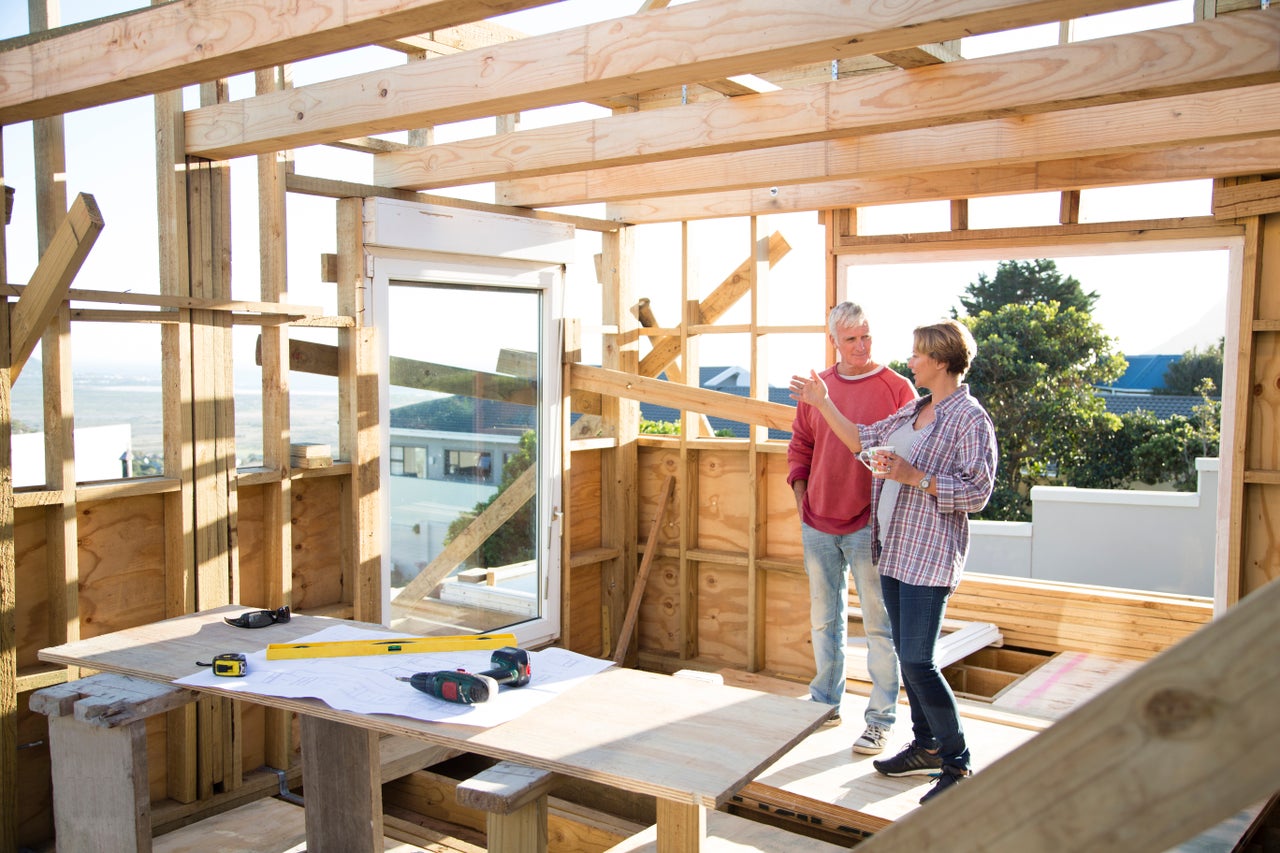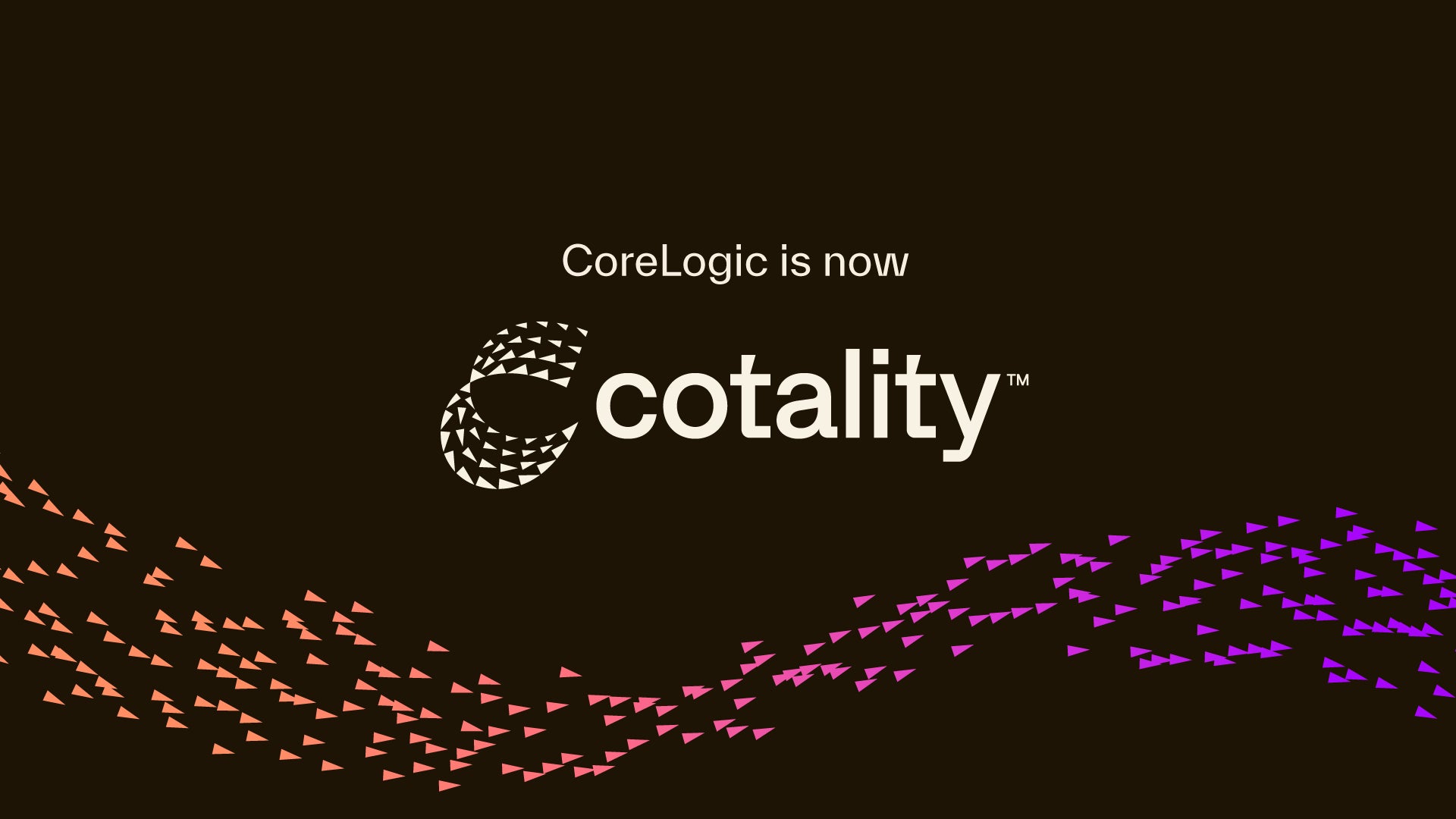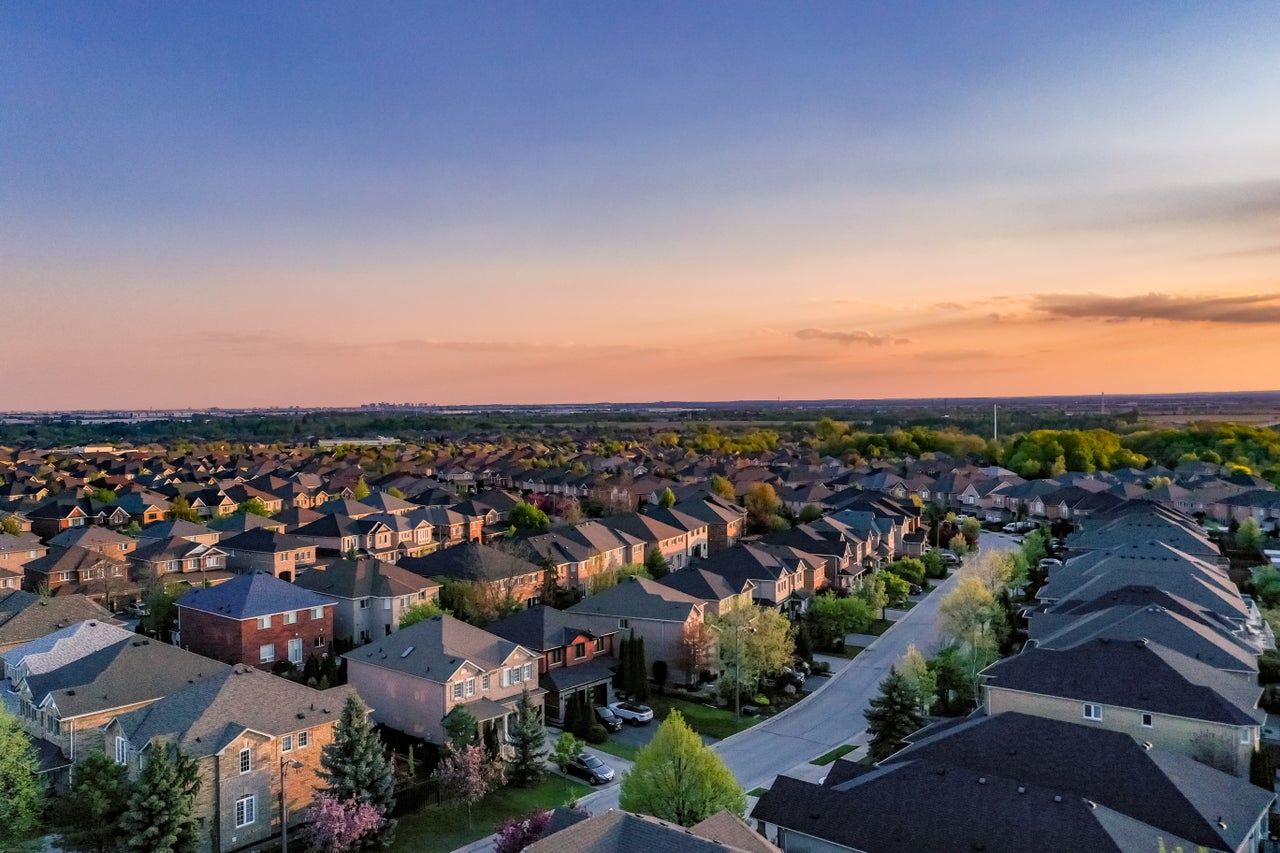- Gen Z accounted for 13% of home purchase applications.
- Midwest markets had a higher share of Gen Z homebuyers in 2024.
- Many Gen Z homebuyers are single, but about 45% of the applicants had co-applicants in 2024.
The unprecedented rise in home prices and elevated mortgage rates that have dominated the market since 2021 have significantly impacted housing affordability, particularly for younger buyers.
Despite these challenges, Gen Z is managing to enter the housing market. According to the Cotality Loan Application Database, this generation’s share of home-purchase applications accounted for 13% of total applications in 2024, a three-percentage point increase from 2023.1 Their presence in the market is expected to grow in the coming years.

Where can Gen Z buy a home?
Gen Z represents a higher proportion of homebuyers in Midwestern markets but a lower proportion in more expensive coastal areas. Figure 1 shows U.S. metro areas based on the share of applications from Gen Z homebuyers in 2024. Des Moines, Iowa (21%); Omaha, Nebraska (21%); Youngstown, Ohio (20%); Dayton, Ohio (20%); and Grand Rapids, Michigan (20%) saw higher shares of Gen Z applicants.
In contrast, the more expensive coastal metros saw a lower proportion of Gen Z applicants. In California, San Jose and San Francisco had the lowest percentage of Gen Z homebuyers, at just 4%. Oxnard, California followed closely behind at 5%, and Los Angeles, urban Honolulu, and Bridgeport, Connecticut all saw Gen Z represent 6% of total purchases. Metropolitan areas with a high concentration of retirees also showed lower proportions.
Where are Gen Z buying houses? Where it’s affordable.
Table 1 below lists the top 10 metro areas by the Gen Z homebuyers’ share among the top 100 metros by population analyzed. These 10 metro areas are all located in the Midwest and the South and have lower median home prices compared to the national level.
Figure 2 depicts the correlation between the share of Gen Z homebuyers and the median sale price across all states in 2024. The data reveals a negative relationship between the Gen Z share and the median home sale price, suggesting that a larger proportion of Gen Z home purchases occurs in more affordable markets.

1 This analysis is based on all home-purchase mortgage applications, accepted or not, from January 2024 to December 2024. Investors, second-home buyers, and cash buyers were excluded from the analysis.





















.jpg)
